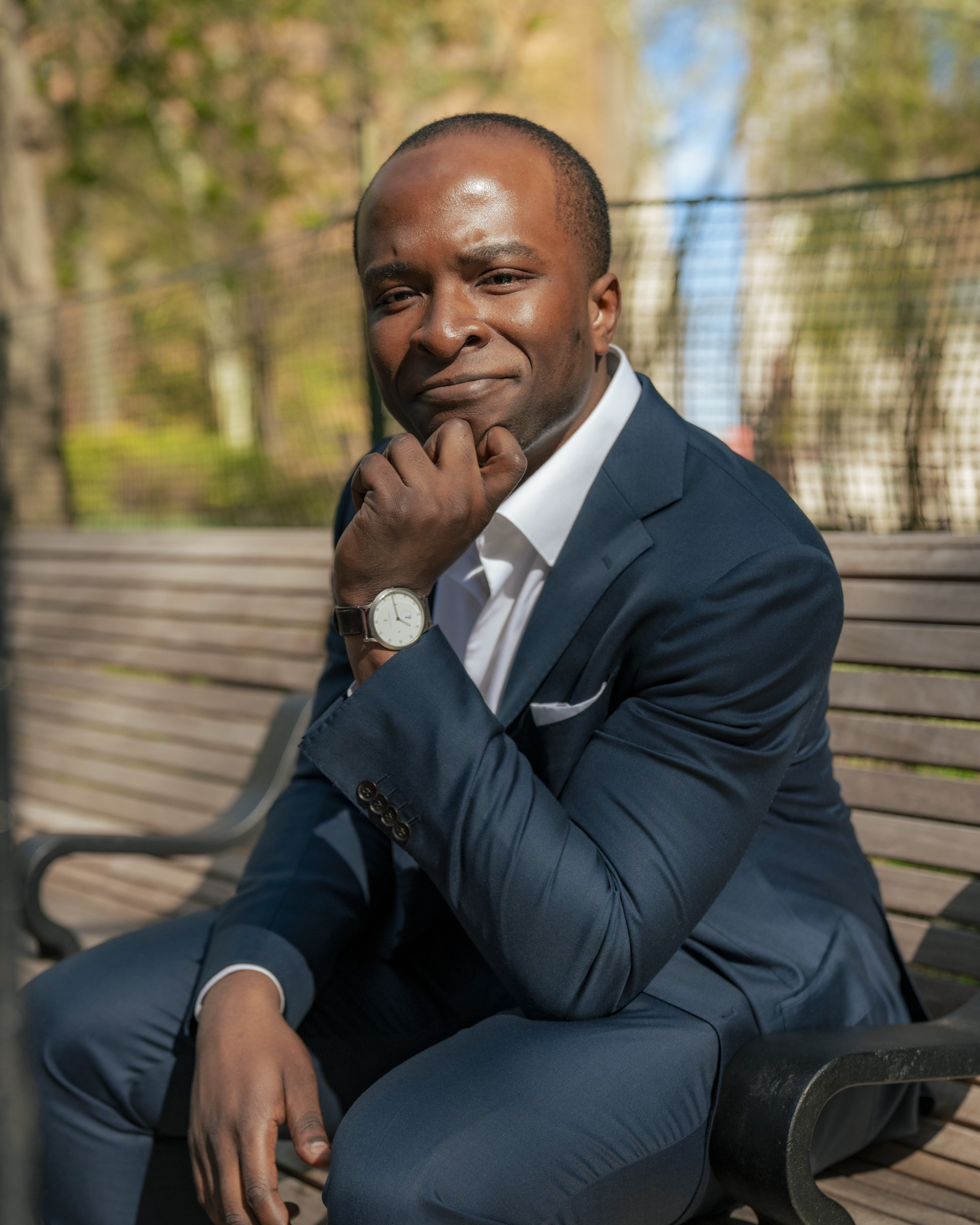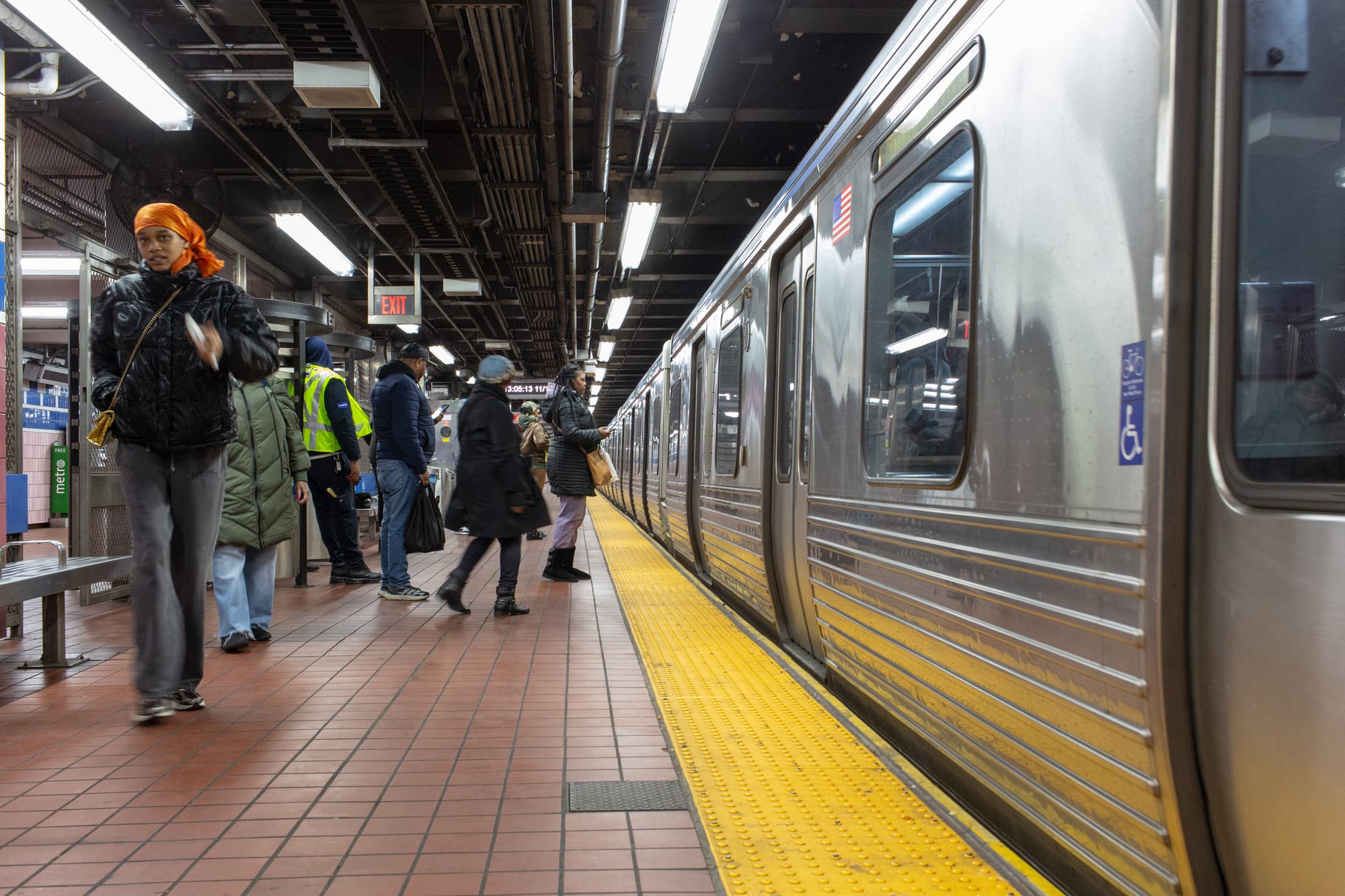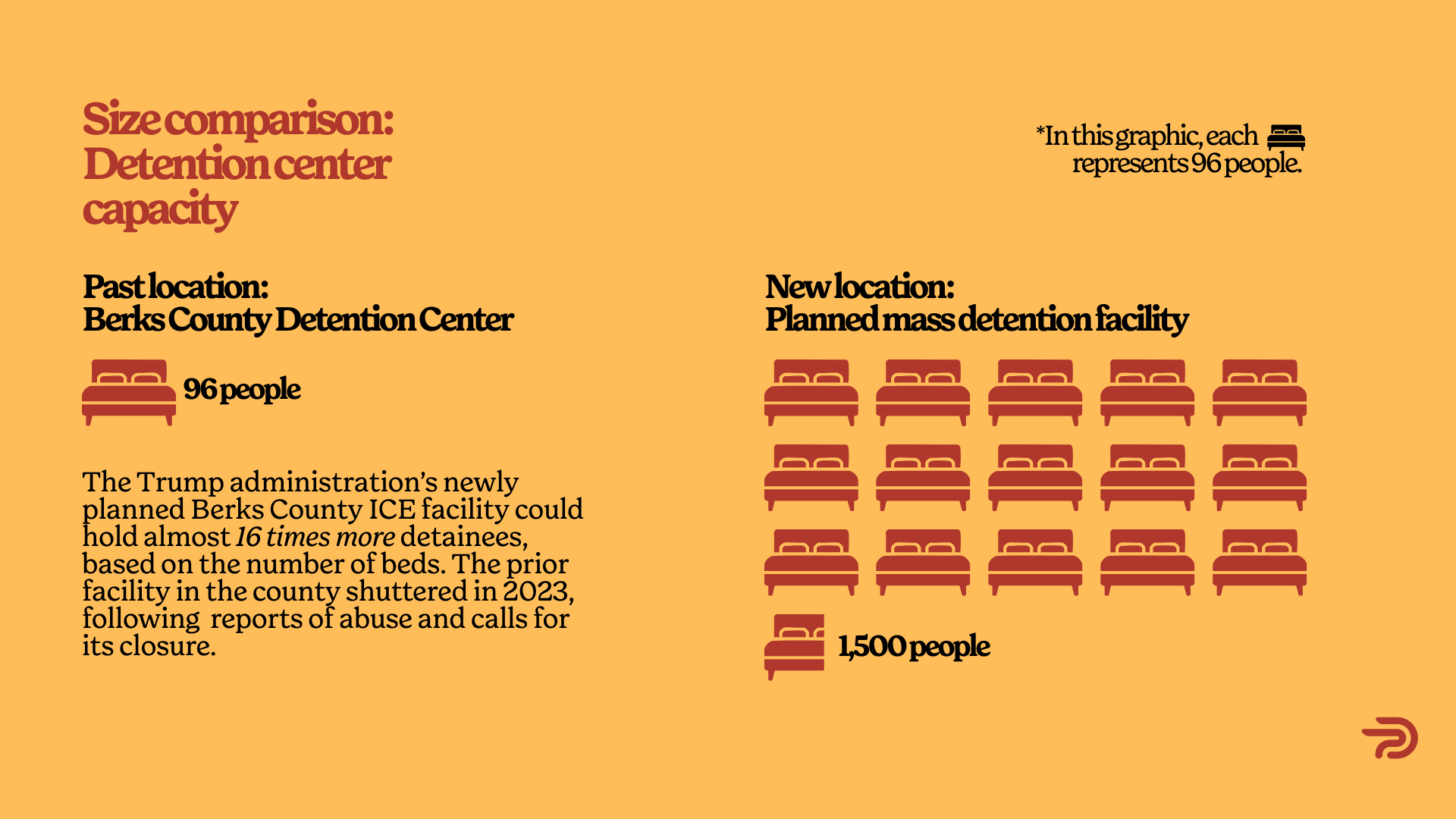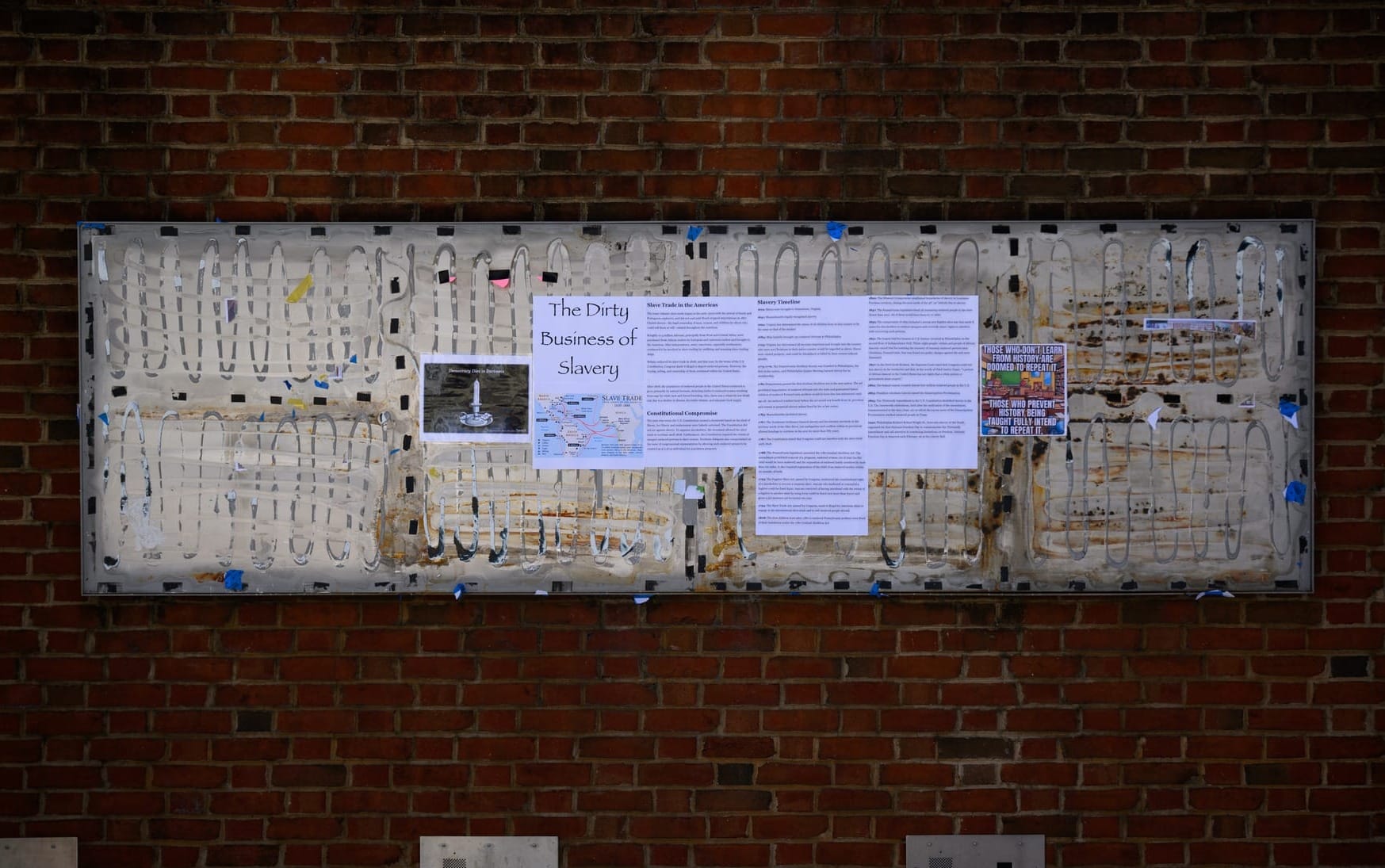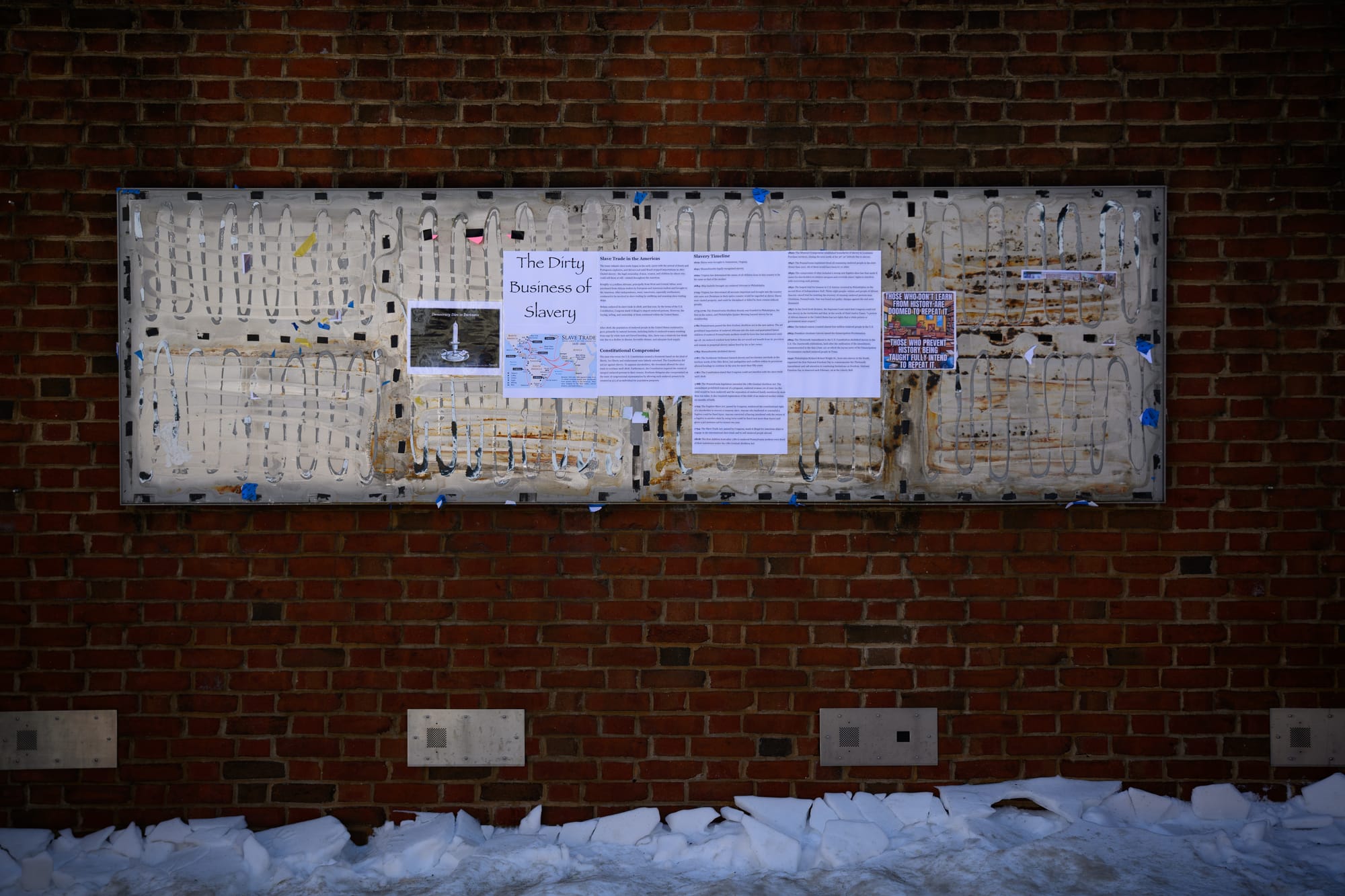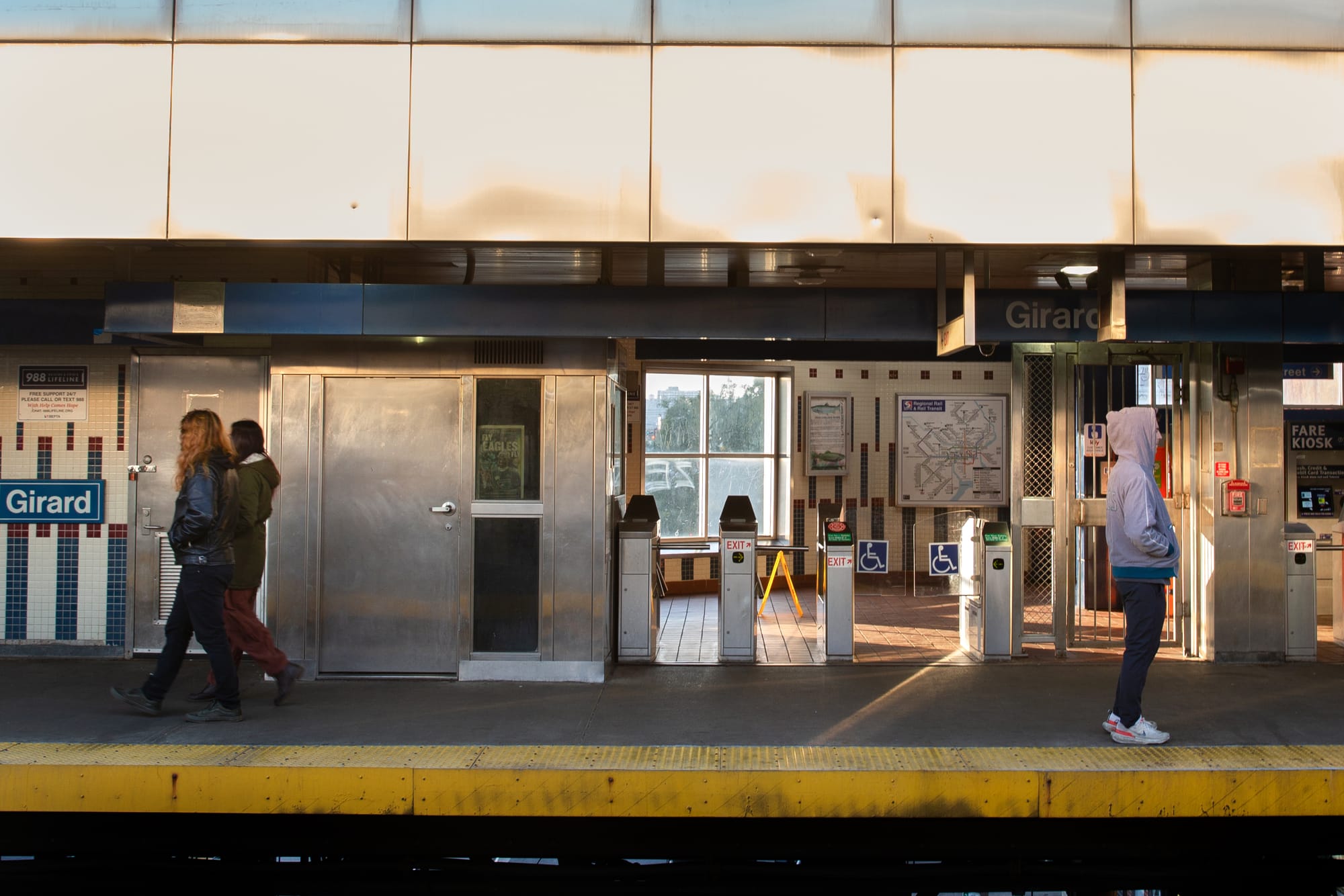Political Violence is Unraveling Our Democracy
Something is breaking. You can feel it in the quiet moments after the news hits.
Something is breaking. You can feel it in the quiet moments after the news hits. A state senator assassinated in her driveway in Minnesota. The Governor of Pennsylvania targeted in an antisemitic hate crime, these aren’t isolated incidents of private tragedy. They are acts of political violence, unmistakable in their intent, and they are happening here, now.
For most Americans, political violence is a foreign problem, the kind of instability that marks failing states or distant regimes. We tell ourselves that America has institutions and “this is not who we are.” But those protections are only as strong as our shared belief in them. And in recent years, that belief has begun to erode more and more. The consequences are mounting.
In Pennsylvania, Governor Josh Shapiro was recently the target of a foiled assassination attempt. It didn’t dominate headlines. It didn’t lead to a national reckoning. It barely broke through the noise of a chaotic political news cycle. That silence is its own kind of danger. Because political violence thrives in the shadows. It grows when it is minimized, excused, or forgotten.
The United States is not new to this. The country was founded through political violence. We remember the high-profile assassinations—Abraham Lincoln, John F. Kennedy, Martin Luther King Jr., Robert F. Kennedy—but forget how many local leaders, civil rights activists, judges, school board members, and labor organizers were also targeted.
Violence has always been a tool used to intimidate those who threaten entrenched power or challenge the status quo. What is new is the permissiveness surrounding it. We are more comfortable looking away.
It would be one thing if this violence came only from the political fringes. But it is often excused by the very leaders who should be condemning it. Donald Trump has joked about the death of Nancy Pelosi’s husband. Kari Lake said she would “show up with guns” if she lost her race for governor.
Elected officials who flirt with this kind of language aren’t just being rhetorical. They are laying the groundwork for permission. And in a country already soaked in guns and grievance, permission is powerful.
There is a cost to treating this like spectacle. After the January 6 insurrection, some Republicans suggested the event had been overblown. They minimized what it meant for armed mobs to roam the Capitol, seeking to hang the vice president and stop the peaceful transfer of power. But political violence doesn’t announce itself as an existential threat. It arrives subtly, and then all at once. First a broken window.
Then a pushed barrier. Then a death. Then another. At some point, the difference between American politics and those of unstable democracies becomes hard to distinguish.
And make no mistake, these acts are political. They are not random. The individuals targeted in Minnesota were both people of color, both women, both public servants. In a country where power has long been defined by whiteness and masculinity, efforts to expand who governs have often been met with force. The shootings are not just tragedies. They are messages, intended to warn others: stay in your place, or you might be next.
What makes this moment feel especially precarious is the normalization of chaos. A plurality of Americans now expect political violence. In a recent survey, one in five Americans said that using violence to achieve political goals was at least sometimes justified. That is a staggering shift. But it also makes sense. We live in a media environment that monetizes outrage, a political system that rewards performance over restraint, and a culture that increasingly sees opponents as enemies.
We need to talk about how to lower the temperature, yes, but also how to re-establish lines that cannot be crossed. The first of those lines must be this: no act of political violence is acceptable. Not in theory, not in jest, not in silence. There must be moral clarity. That means swift investigations, prosecutions, and consequences. But it also means something simpler. When a politician is threatened, speak up.
It is tempting to believe this is just a dark phase we are passing through. That the fever will break. But history says otherwise. Democracies do not usually die in explosions. They decay. Slowly, and then very quickly. Violence is often the accelerant. If we continue to shrug it off, if we continue to treat these killings as isolated events rather than parts of a larger pattern, then we are inviting something much worse.
What’s most chilling about the assassinations in Minnesota and the threat in Pennsylvania is how routine they already feel. How little they’ve disrupted the conversation. But they should. They must. Because if we wait until political violence feels “abnormal” again, it will already be too late.
